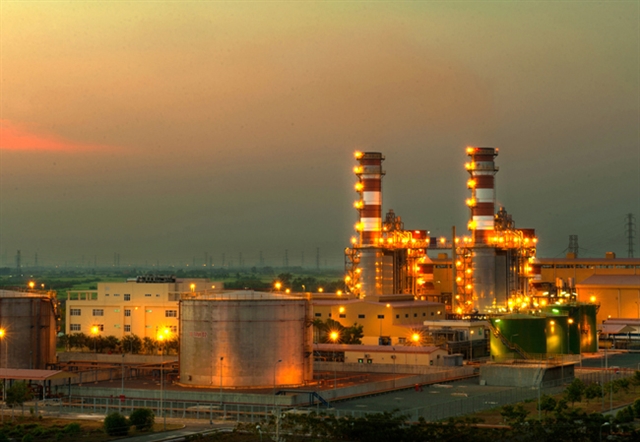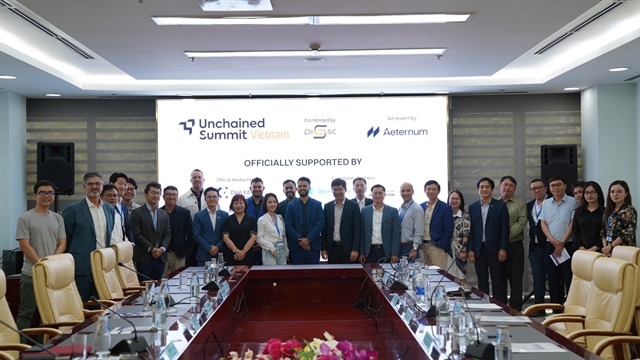 Economy
Economy


|
| A view of Nhơn Trạch 2 Power Plant . PV Power was gearing up preparations for construction of Nhơn Trạch 3 and 4 thermal power plants. - Photo PV Power |
HÀ NỘI – Citibank and INGbank will be in charge of arranging capital for the Nhơn Trạch 3 and 4 thermal power plants, according to a recent agreement signed between PetroVietnam Power Corporation (PV Power) and the two foreign banks.
According to Chairman of PV Power Hồ Công Kỳ, Citibank and INGbank were reputable foreign banks in the market. The two banks would raise appropriate financial options for Nhơn Trạch 3 and 4 thermal power projects.
Prime Minister Nguyễn Xuân Phúc in March 2019 approved PV Power to be the investor of the two power projects, which were located in Ông Kèo Industrial Zone, Nhơn Trạch District, Đồng Nam Province. Nhơn Trạch 3 and 4 would be the first power projects in Việt Nam to use imported liquified petroleum gas.
The two power projects with a total capacity of 1,500MW would have total investment of nearly VNĐ33 trillion (US$1.4 billion), 70 per cent of the capital would be from borrowing.
The two plants were expected to be put into operation in 2022-23. PV Power was striving to start construction of the two projects in early 2021.
The National Steering Committee for Power Development recently asked investors of power generation projects to speed up construction of key projects in 2021-25, including Nhơn Trạch 3 and 4, Duyên Hải 2, Vân Phong 1, Sông Hậu 1, Thái Bình 2 and Long Phú 2 thermal power plants.
Statistics showed that among 62 power generation projects with capacity from 200MW, 47 were still under construction.
The committee also proposed favourable conditions to be created for solar and wind power projects to meet the increasing power demand for socio-economic development. - VNS




